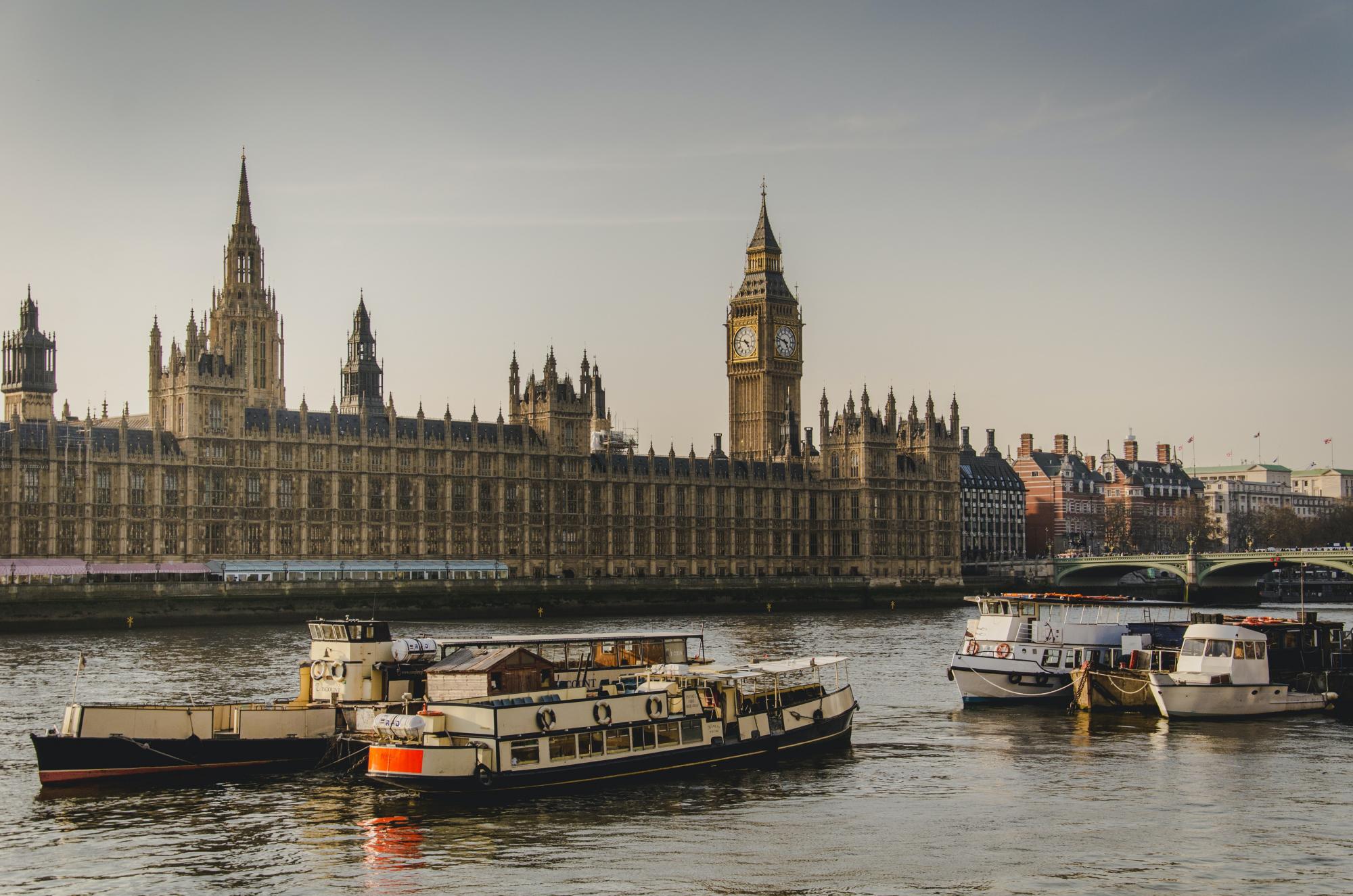Test- FTSE 100 Kicks Off August on a High as BP and Senior Lead Market Momentum
$11
10 Oct 2025, 13:13


The UK’s economy shrank by 0.3% in August from July, shown by new figures from the Office of National Statistics (ONS). This shrinkage comes after a slow period of growth of 0.1% in July. GDP also fell by 0.3% in the three months to August compared with the three months to May.
The ONS reports that the main contributor to the fall in GDP and growth is a slump in production, which fell by 1.1% in July and a further 1.8% this August. The fall in production is due to a 1.6% decrease in manufacturing. The government’s reduction in spending in relation to the COVID-19 pandemic may have been a large cause of the slump in manufacturing, as pharmaceutical companies have been cutting back production.
Other sectors have fallen too; the service industry shrunk by 0.1% as the cost of living crisis hits the leisure industry, restaurants and hotels. Human health and social work, activities, arts and entertainment fell by 1.3% and 5.0% respectively, the largest contributors to the fall in the overall service sector.
The figures give a worrying signal that the UK could soon enter a recession. UK Chancellor Kwasi Kwarteng blamed the global situation for the decline, particularly the war in Ukraine. He said that Putin’s “barbaric action in Ukraine” has driven high energy prices. He added that the government’s growth plan will address these challenges with “ambitious supply-side reforms and tax cuts”, in order to grow the economy, create more well-paid skilled jobs and raise standards of living.
However, the last few weeks have proved that Kwarteng’s bold plans do not always match up with the reality of the situation, and he has been cautioned once again. Former Bank of England deputy governor Charlie Bean said that the economy is sliding towards stagnation. Speaking to the BBC, he cautioned that the budget measures need to be credible, urging Kwarteng to bring forward more details about how his tax-cutting plans will be funded to reassure financial markets.
After the pound’s sharp decline in value, the cost of borrowing skyrocketed after the Chancellor announced his plans to spend £45bn in the next four years mainly on tax cuts, shaking financial markets. The Bank of England has already had to intervene, expanding its bond-buying programme on Tuesday and announcing plans to start buying index-linked gilts, a type of bond that tracks inflation. The Guardian recently published a useful glossary to understand some of the most relevant financial terms and concepts.
The IMF has also criticised Kwarteng, saying his tax cuts and energy crisis support package has made the Bank of England’s battle against inflation more difficult. It said that the UK was “on course for a sizable slowdown in growth from 3.6% this year to 0.3% in 2023”, but did note that these forecasts were made before Kwarteng delivered his mini-budget on 23 September 2022.
The IMF uses their world economic outlook (WEO) tool to evaluate the scale of the stimulus provided by the Chancellor. The WEO observed the hostile market reaction to Kwarteng’s mini-budget. “In the United Kingdom, the announcement in September of large debt-financed fiscal loosening, including tax cuts and measures to deal with the high energy prices, was associated with a rise in gilt yields and a sharp currency depreciation that was later reversed,” it said. It added that “Without fiscal contraction elsewhere, and with tight supply, unfunded government spending increases or tax cuts will only push inflation up further and make monetary policymakers’ jobs harder.”
Kwarteng will be in Washington for the annual meeting of the IMF later this week, hoping to calm concerns about the government’s growth plans.
(Sources: ONS, The Guardian, Bloomberg, Sky News, BBC News)